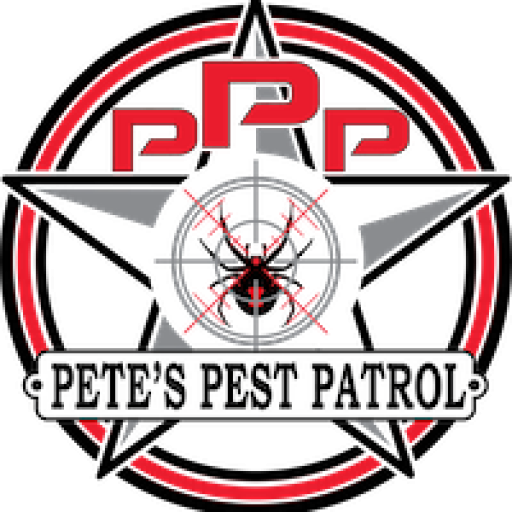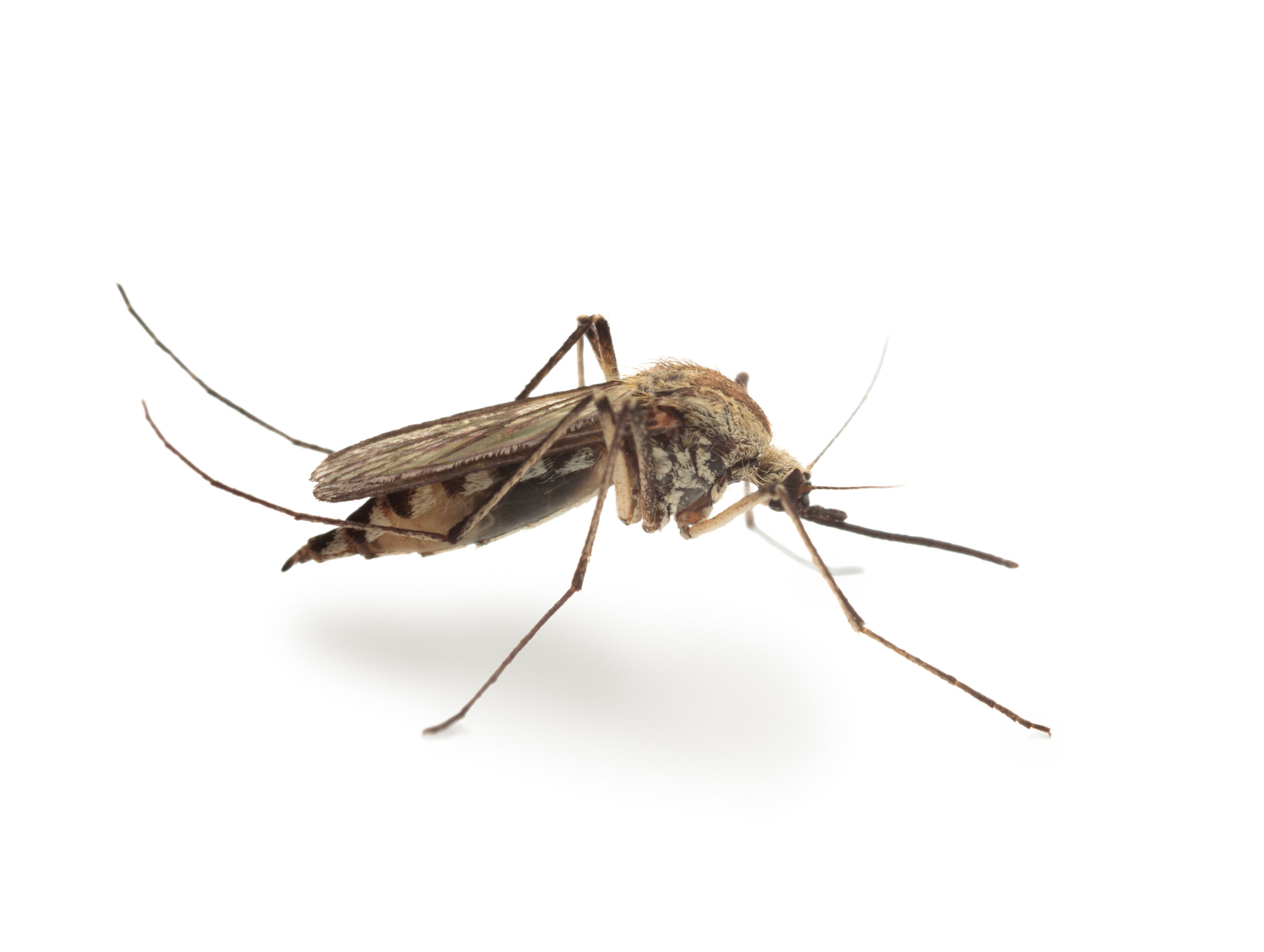There’s a lot of confusion when it comes to pest control and pest prevention. Pest control and pest prevention may seem like the same thing, but there is a big difference between the two. Pest control refers to the methods used to get rid of pests that are already present in your home or business, while pest prevention refers to measures you take to keep pests from entering in the first place.
As a trusted pest control company, we’ll share with you more about the differences between pest control and pest prevention. We’ll also give you some tips on how to prevent pests from invading your property.
What Is Pest Control?
Pest control is the process or technique of controlling pests. A pest is defined as any living organism that is not wanted where it is found and causes damage to humans, their food, crops, livestock, or property.
There are many different types of pests, including insects, rodents, birds, spiders, and other arthropods. Pest control can be achieved through a variety of methods, including chemical pesticides, biological control agents such as viruses or bacteria, cultural controls such as modifying the environment to make it less hospitable to pests, and physical controls such as traps or barriers.
The best way to keep pests at bay is to contact a professional pest control company that can help you develop a comprehensive pest prevention plan for your home or business.
The main benefit of pest control is that it can protect people and their belongings from damage or destruction. It can also help to prevent the spread of disease by controlling populations of pests that may carry harmful bacteria or viruses.
However, pest control can also have negative consequences. For example, many methods of pest control involve the use of chemicals which can be harmful to humans and the environment if not handled properly. Additionally, overuse of pesticides can lead to the development of resistant strains of pests, rendering them more challenging to control in the future.
What is Pest Prevention?
Pest prevention is the proactive measures taken to keep pests from invading and damaging a home or business. Typically, pest prevention includes efforts to eliminate potential nesting sites, starve existing infestations, and prevent new pests from entering the premises.
Common preventive measures include sealing cracks and gaps in exterior walls, installing screens on doors and windows, regular debris removal, and maintaining cleanliness throughout the property. Additionally, many homeowners opt for routine pest control treatments as a means of further preventing problems with insects and rodents.
There are a number of pros to pest prevention. The most obvious one is that it keeps pests out of your home or office, which can minimize the amount of damage they do and also help to keep you and your family or employees healthy. Additionally, regular pest prevention can also help to reduce the likelihood of an infestation by pests in the future.
There are a few cons to pest prevention, as well. The first is that it can be costly, depending on the size of your home or office and the level of protection you require. Additionally, some people find that pest prevention methods such as spraying pesticides can be harmful to their health or environmentally damaging.
How To Choose The Right Solution For Your Pest Problems?
When it comes to choosing the right solution for your pest problems, there are a few things you should keep in mind.
Firstly, you need to identify what kind of pests you’re dealing with. This is important because different pests require different solutions. For instance, ants can be removed with baits and traps, while cockroaches may require insecticide sprays. Once you know what pests you’re dealing with, you can narrow down your options and choose the most appropriate solution.
Secondly, consider the size of the problem. If you only have a few pests here and there, baits and traps may be sufficient. However, if your problem is more widespread, you may need to resort to stronger methods such as insecticide sprays.
Finally, think about the safety of your family and pets. If you have young children or pets in the home, you’ll need to be careful about the solutions you use to avoid accidentally harming them. Many pest control solutions are safe for use around children and pets, so be sure to ask a pest control company about these options.
Tips For Keeping Pests Out Of Your Home
There are a number of things you can do to keep pests out of your home. Some of these include:
- Inspecting all potential entry points – Make sure to check screens, windows, doors and cracks in the foundation for any openings that pests could use to get into your home. Seal up any cracks or holes that you find.
- Keeping food stored properly – Store all food in airtight containers and regularly clean up any spills or crumbs. Be sure to also keep garbage cans sealed tight and empty them frequently.
- Eliminating hiding spots – Keep environmental clutter to a minimum both inside and outside of your home so that pests have fewer places to hide. Clean up piles of leaves, wood and debris from around your property.
- Maintaining a clean home -Regularly vacuum and sweep floors, and wipe down countertops and other surfaces to remove any food or water sources that pests could use.
- Utilizing pest control products – There are a number of effective pest control products available that can help to keep pests away. Be sure to use these products according to the manufacturer’s instructions to avoid harming yourself or your family.
Pete’s Pest Patrol is the best pest control company in town. We want to help you take the necessary steps to ward off pests before they become a problem. Our team is experienced and knowledgeable in all areas of pest control and will work diligently with you to create a plan that works for your home or business. Schedule your appointment today, and let us help you keep pests at bay!

